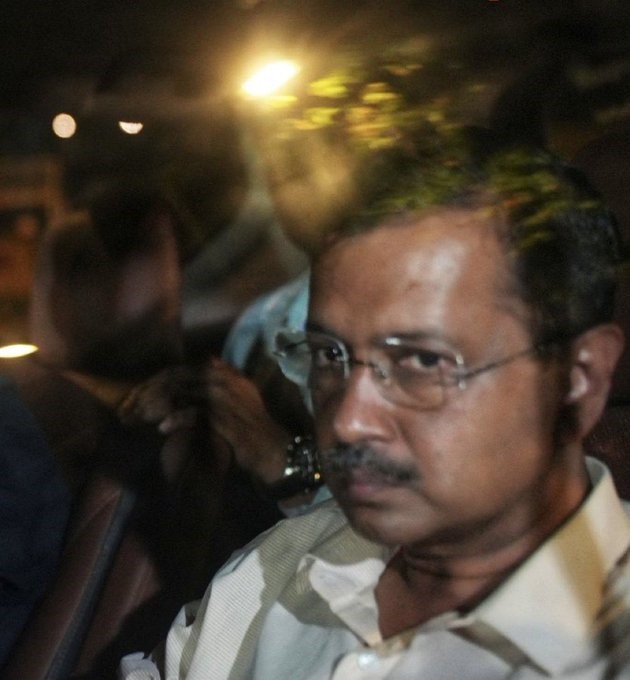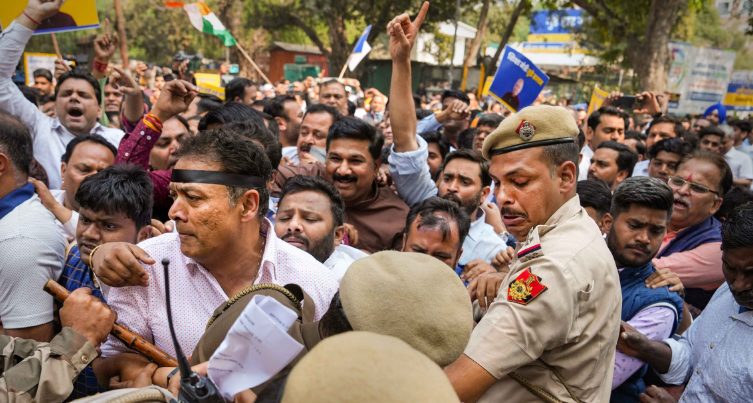India has summoned a top US diplomat following Washington’s warning to ensure a fair legal process for senior opposition leader Arvind Kejriwal, who was jailed just weeks ahead of parliamentary elections. The US State Department had expressed concern over Kejriwal’s arrest in connection with a corruption investigation and called for transparency in the legal proceedings.
Arvind Kejriwal, the chief minister of Delhi and leader of the Aam Aadmi Party (AAP), was arrested last week, marking the first time a sitting chief minister has been detained. His arrest has raised allegations of targeting opposition figures by Prime Minister Narendra Modi’s government ahead of the national elections scheduled to begin on April 19.
The US statement drew strong objection from India’s foreign ministry, emphasizing respect for sovereignty and internal affairs in diplomatic relations. In response, India summoned the US diplomat, Gloria Berbena, to address the issue.
Kejriwal, known for his anti-corruption stance, and his party came to power in Delhi in 2015. His arrest has sparked concerns about the Modi government’s tolerance of dissent and its handling of opposition leaders.
The US remarks also highlighted complaints from the main opposition Congress party about freezing bank accounts, hindering effective campaigning for the upcoming elections. Both the US and Germany have expressed concerns over Kejriwal’s arrest, indicating international scrutiny of India’s political climate.
Kejriwal is accused in a corruption case related to the Delhi liquor scam, with investigators labeling him as the “kingpin” and “key conspirator.” However, Kejriwal denies the charges, and his party asserts that his arrest aims to sideline challengers to Modi’s re-election bid.

Despite concerns raised by rights groups, the US and Germany have been cautious in their remarks about India, a growing strategic partner. However, international attention on Kejriwal’s arrest underscores broader concerns about the fairness of India’s legal processes and political environment.
With India gearing up for the world’s largest democratic exercise, analysts foresee Modi’s re-election as highly likely, partly due to his Hindu-nationalist appeal. However, the ongoing controversies surrounding opposition figures like Kejriwal add complexity to the electoral landscape.
